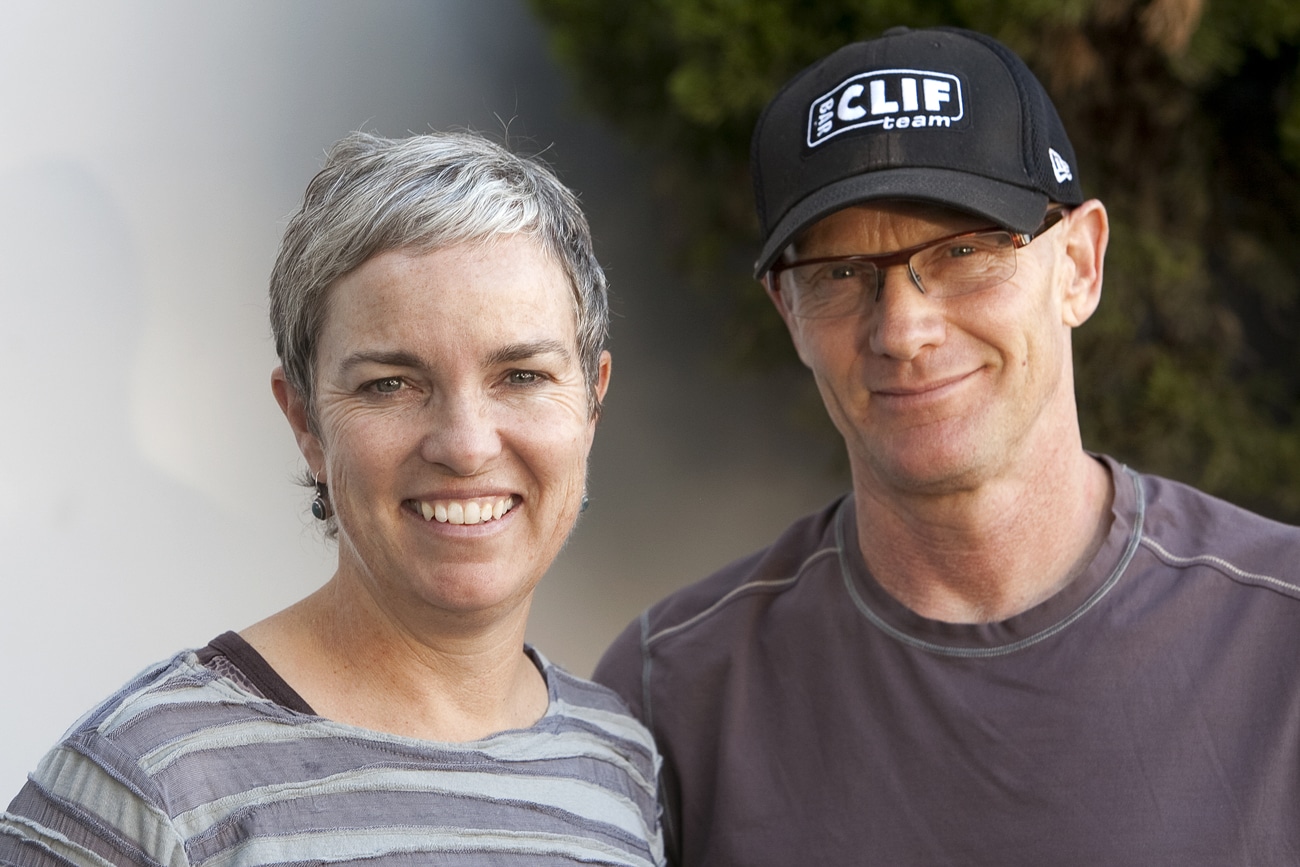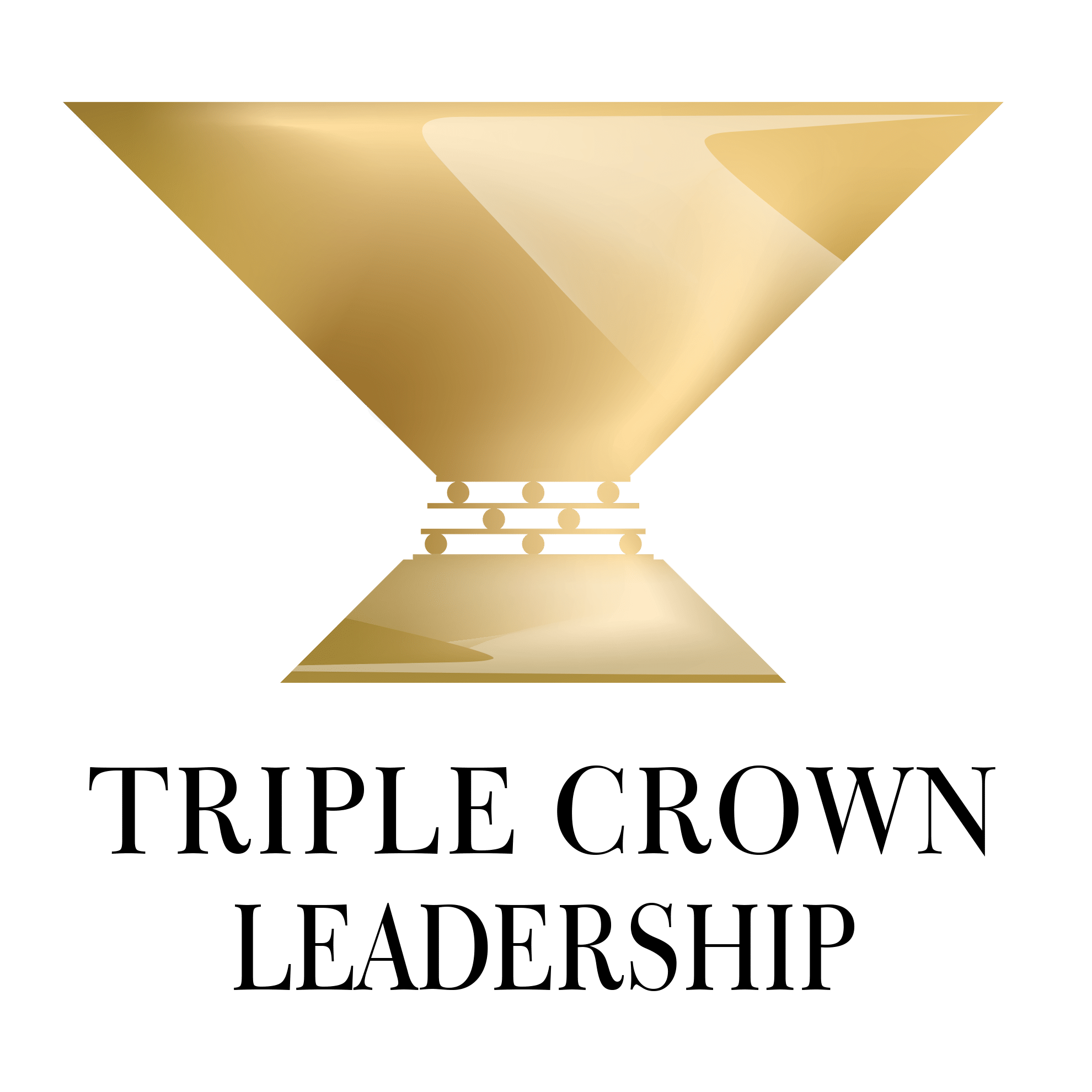“Sustainable Leadership”
Interview with Kit Crawford
Co-Owner and Co-CEO, Clif Bar & Company
Leaders Speak Series
Clif Bar & Company is a privately held, family- and employee- owned company, creating nutritious and organic food for people-on-the-go. It has achieved double-digit annual revenue growth and won a long list of employment, diversity, and sustainability awards, including making Inc.’s list of the fastest-growing companies in the U.S. and Forbes’ “breakaway brands,” in both cases for multiple years.
We interviewed Kit Crawford, Co-Owner and Co-CEO with her husband, Gary Erickson, of Clif Bar & Company, about leadership at the company and its commitment to sustainability.
Here are excerpts from our interview with Crawford.
How would you describe Clif Bar’s leadership approach?
Crawford: Our approach to leadership is about staying true to our values as a company and creating a culture that inspires and motivates our people to bring those values to life with our brands, consumers, community, and the planet.
How do you personally approach leadership?
Crawford: It is my responsibility to ensure that our people have a clear understanding of Clif Bar’s values, priorities, and vision. I believe that strong performance arises only when people are inspired and motivated, and therefore it my goal is to create a culture and environment that encourages people to find, explore, test, and share their ideas. I also feel that great leadership cannot exist if you are complacent. I challenge myself every day to keep learning, asking questions, and opening my mind to possibilities.
Describe Clif Bar’s culture. How is that culture built and by whom?
Crawford: We challenge each other to do better—to make better food, to reduce our company’s impact on the planet, and to give back to the community. We have a community that embraces hard work, creativity, and play. It’s a group of people who share similar values and a common vision.
Clif Bar & Company was founded with a love of the outdoors, a passion for great food, and respect for the environment. As a result, the company has attracted individuals who care about these things.
To ensure that our unique culture continues to thrive, all areas and all levels of the organization must have the freedom and opportunity to bring these values to life. As owners of the company, Gary and I have a responsibility to create and support employee benefits and company initiatives that foster our employees’ inspiration and enthusiasm for this culture. Programs like our Sustainability Benefits, Wellness Benefits, and our volunteer program, Project 2080—even our dog-friendly office—reinforce and demonstrate the company’s commitment to living these values.
What are the most important things leaders can do to create the conditions for high performance with integrity in organizations?
Crawford: First, articulate and share the company’s vision. We have an informal but mandatory company meeting and breakfast every week. The meeting’s agenda and host vary week to week—covering everything from the company’s financial performance to introducing new hires to fun announcements—but what makes the meeting invaluable is that it gets everyone in the same room at the same time and, as a result, it is perhaps our single most effective platform for sharing the company’s goals and priorities.
Second, identify synergies. Other than a paycheck and benefits, why do you employees choose to work at your company? By answering this question, you begin to see the intersection between employee’s personal passions and the company’s vision. This intersection is fertile ground for innovation, engagement, and performance.
What criteria/metrics do you use to determine whether an organization is successful? How do you measure high performance and integrity?
Crawford: Unlike most companies, which have one bottom line, at Clif Bar & Company we have five bottom lines: Sustaining our People, Sustaining our Business, Sustaining our Brands, Sustaining our Community, and Sustaining the Planet. As a privately owned company, Gary and I use these bottom lines, or “Five Aspirations” as we call them, as a measurement of our return on investment. Because all Five Aspirations are of equal importance, it ensures balance in our organization. We must consider the impact of our business decisions on our people, the planet, and our community.
We must consider the impact of our business decisions on our people, the planet, and our community.
The interconnectivity of the five aspirations empowers our people because it creates a decision-making framework that encourages people to look at their responsibilities from a variety of perspectives. It allows them to explore, create, and launch ideas that are in tune with the company’s priorities.
The Five Aspirations also play an essential role in our annual review process. Our people receive specific feedback on their contributions to each of the Five Aspirations as well as their ability to balance all of them. These assessments determine each employee’s bonus for the year.
Has it been important for you and other leaders at Clif Bar to have emotional intelligence?
Crawford: Emotional intelligence has played an essential role here. Because they are tied directly to our personal values, I believe that emotions are our best early indicator as to whether or not we are on the right path. In 2001 Gary and I decided not to sell Clif Bar & Company, and ultimately we made this decision by going with our gut. The more we took a hard look at how we felt about selling the company, the more we realized how much fear was guiding us. By recognizing this, we were able to make a more objective decision and were able to choose the right path for us and Clif Bar—and that was keeping the company privately owned. We continue to share this story with our employees and business associates in the hopes that it will encourage people to listen to their hearts as much as their heads.
Are the company’s purpose, values, and vision a living part of the organization’s culture and decision-making? How do they impact the stakeholders?
Crawford: Absolutely! Because all five bottom lines are of equal importance, environmental initiatives are considered with respect to the other aspirations. Likewise, we also consider the impact of our business decisions on our people, the planet, and our community. The interconnectivity of the bottom lines empowers our people to approach their responsibilities from a variety of perspectives, and in doing so they are able to come up with unexpected initiatives and ideas. The five bottom lines act as a decision-making framework that encourages employees to explore, create, and launch ideas that are in tune with the company’s priorities.
How have breaches in the organization’s values been handled?
Crawford: Our aspirations are ambitious and, as a result, many of our goals are ahead of the curve. One of our biggest challenges—and opportunities—is sourcing a sustainably produced, biodegradable package that can preserve the freshness and integrity of our food. Unfortunately, one simply does not exist yet. Until one does, we have to identify opportunities and work towards more sustainable packaging through other avenues. Some of these initiatives have included reducing packaging, eliminating shrink-wrap from the boxes that hold our bars, and developing wrapper collection programs like the Terracycle Wrapper Brigade, which donates two cents to charity for every used wrapper collected. These wrappers are then repurposed into backpacks, totes and other items.
Is leadership in the organization widely distributed and practiced or concentrated in the hands of a few key people?
Crawford: At Clif Bar & Company, we don’t believe that leadership is dictated by an org chart. Leadership is widely distributed and exists at all levels of the organization. Each person within the organization has the opportunity to collaborate with their teams, ask questions, develop and explore ideas, and in turn encourage others to do the same.
We don’t believe that leadership is dictated by an org chart. Leadership is widely distributed and exists at all levels of the organization.
Did the organization lose its high performance at any time? If so, what happened?
Crawford: Yes, I would say that Clif Bar & Company’s performance suffered during the low carb craze. To meet the consumer demand for a low carb product, we created a product that did not achieve our high standards of taste, nutrition, and high-quality organic and sustainable ingredients. Our employees were not terribly inspired by this new product, and neither were consumers. Ultimately, this was an important lesson to us—we had strayed from our principle values, and as a result, our performance took a hit.
What or who have been the most important influences on your leadership development over the years?
Crawford: My husband Gary’s approach to leadership has had a great influence on me. Watching him, I learned to chase my ideas, listen to my heart, question conventional wisdom, and be open to unseen possibilities.
Post Script–Authors’ Notes:
Clif Bar’s longstanding commitment to the environment is demonstrated by its staff ecologist and impressive new solar-powered facility. The company offers financial incentives to employees for making energy-efficient home improvements, commuting by bicycle, taking alternative transportation, and purchasing high-mileage hybrid or biodiesel vehicles.
Clif Bar & Company offers flex-time, sabbaticals, and an elaborate wellness program, including paid time off for employees to work out and an in-house fitness center with climbing walls, yoga classes, and several full-time personal trainers. The company offers nutritional counseling, massage, and life coaching to employees.
* For more insights on Clif Bar & Company, including details of Gary and Kit’s courageous decision not to sell the firm, see chapter 10 of Triple Crown Leadership. *
+++++++++++++++++++++++
Bob Vanourek and Gregg Vanourek are leadership practitioners, teachers, trainers, and award-winning authors. They are co-authors of Triple Crown Leadership: Building Excellent, Ethical, and Enduring Organizations, a winner of the International Book Awards, and called “the best book on leadership since Good to Great.” Take their Leadership Derailers Assessment or sign up for their newsletter. If you found value in this, please forward it to a friend. Every little bit helps!


